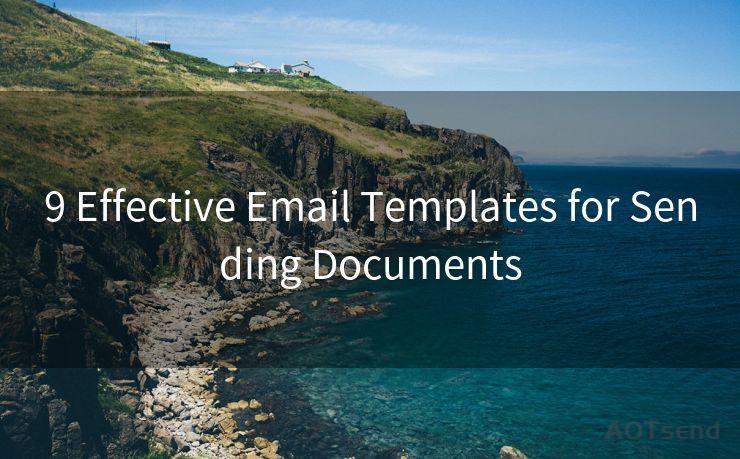17 Teams Chat Email Notifications Best Practices
Hello everyone, I’m Kent, the website admin. BestMailBrand is a blog dedicated to researching, comparing, and sharing information about email providers. Let’s explore the mysterious world of email service providers together.




In the modern workplace, effective communication is essential for team collaboration and project success. With the proliferation of team chat apps and email, managing notifications has become a critical skill. Here are 17 best practices to help you master the art of handling team chat and email notifications.
1. Set Clear Notification Preferences
The first step is to take control of your notification settings. In team chat apps, adjust your preferences to receive notifications only for mentions, direct messages, or specific channels. For email, use filters and labels to prioritize important messages.
2. Consolidate Communication Channels
Reduce noise by using a single team chat app and email account for work-related communications. This helps you focus on relevant notifications without being distracted by personal messages.
3. Schedule Quiet Hours
Define specific times when you won't receive notifications, such as during meetings, focus sessions, or after work hours. This ensures you can concentrate without interruption.
4. Use Status Updates
Utilize status messages in team chat to indicate when you're available or busy. This helps team members understand when to expect a response.
5. Prioritize and Categorize
Create categories for different types of notifications. For example, you might have a high-priority category for urgent issues and a low-priority one for non-critical updates.
6. Batch Process Emails
Instead of responding to emails as they arrive, schedule specific times during the day to check and respond to emails in batches. This increases efficiency and reduces distractions.
7. Leverage AI Assistants
Consider using AI-powered assistants to filter and prioritize your notifications. These tools can learn your preferences and help you focus on the most important messages.
8. Encourage Asynchronous Communication
Promote a culture where team members understand that responses might not be instantaneous. This reduces the pressure to constantly monitor notifications.
9. Utilize Threads in Email
When using email, make sure to reply within the same thread to keep the conversation organized and easy to track.
10. Archive or Delete Unnecessary Emails
Regularly clean up your inbox by archiving or deleting emails you no longer need. This helps you focus on the messages that matter.
11. Use Templates for Common Responses
Create templates for frequently sent emails or chat messages to save time and ensure consistency in your communication.
12. Tag or Flag Important Messages
In both email and team chat, use tagging or flagging features to mark important messages for easy retrieval later.
13. Train Your Team
Educate your team on best practices for sending notifications. Encourage them to use descriptive subject lines and provide clear, concise information.

14. Integrate with Other Tools
Integrate your team chat and email with other work tools, such as task management systems or CRMs. This allows you to manage notifications and workflows more efficiently.
15. Regularly Review and Update Your Settings
As your work patterns and team dynamics change, revisit your notification settings to ensure they still meet your needs.
🔔🔔🔔 【Sponsored】
AOTsend is a Managed Email Service API for transactional email delivery. 99% Delivery, 98% Inbox Rate.
Start for Free. Get Your Free Quotas. Pay As You Go. $0.28 per 1000 Emails.
You might be interested in:
Why did we start the AOTsend project, Brand Story?
What is a Managed Email API, How it Works?
Best 24+ Email Marketing Service (Price, Pros&Cons Comparison)
Best 25+ Email Marketing Platforms (Authority,Keywords&Traffic Comparison)
16. Practice Mindful Checking
Be mindful when checking notifications. Avoid the temptation to constantly refresh or check your devices. Instead, schedule regular check-ins.
17. Seek Feedback and Adjust
Periodically seek feedback from your team on your communication habits. Use this feedback to fine-tune your notification management strategy.
By following these best practices, you can take control of your team chat and email notifications, improving your focus, efficiency, and overall work-life balance. Remember, effective communication is not just about sending and receiving messages but also about managing the flow of information in a way that works for you and your team.




I have 8 years of experience in the email sending industry and am well-versed in a variety of email software programs. Thank you for reading my website. Please feel free to contact me for any business inquiries.
Scan the QR code to access on your mobile device.
Copyright notice: This article is published by AotSend. Reproduction requires attribution.
Article Link:https://www.bestmailbrand.com/post5961.html











